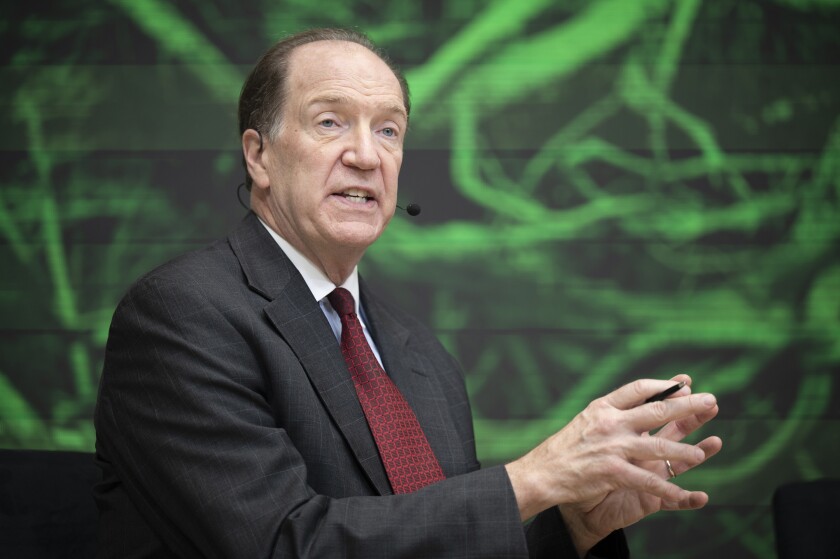The long-static apparatus that surrounds the capital structures of multilateral development banks is beginning to creak into motion, jolted by a G20 report on boosting MDBs’ investment capacity.
The report, published in July by an independent expert panel, has succeeded in putting on the agenda several issues that had previously been taboo in MDB circles, and focusing minds on matters that had lain unattended because MDBs, shareholders and rating agencies were not communicating fully.
The panel called on MDBs and their shareholders to rethink their risk appetite frameworks and to boost lending capacity by using the billions of callable capital — the bulk of their total capital — which most of them leave unused.
Decades of caution and reticence have led to the MDBs punching far below their weight, even as policymakers urge them to find new ways to increase their impact by crowding in more private sector dollars.
Even before publication, the panel won support from several MDB shareholders, including the US. But the MDBs themselves have been wary, even at times hostile to the group’s ideas. Their initial joint statement on the report’s publication was distinctly cool.
But the tide is turning. The report was mentioned frequently in discussions at this week’s IMF/World Bank annual meetings, often with approval.
The World Bank was initially the most vocally reluctant MDB in private discussions with its shareholders, sources say.
But Janet Yellen, US treasury secretary, decisively backed the report in a speech last week and asked the World Bank to produce an “evolution roadmap” by December.
David Malpass (pictured), president of the World Bank, said at a press conference it had discussed the findings with its board on Wednesday. “We embraced the concept of how do you get more resources,” he said. “We understand how vital it is for people in the developing world. One of the solutions [to the development crisis] is more resources, including more resources through the World Bank. We’ll be talking with shareholders about the ways to do that.”
Frannie Léautier, chair of the panel, has held many meetings in Washington this week with MDBs, shareholders, rating agencies and investors. “Our report struck a chord in different communities, and has been embraced very well by a subgroup of MDBs,” she said. “All are looking at it and interpreting what it means for them.”
Sharpening minds
She said the worsening crisis in the world had helped sharpen minds. “We’ve seen a change in attitude of the MDBs in terms of how important this report is,” she said. “In many meetings they’re saying ‘it’s great, it’s helped us open up discussion on issues and engage in dialogue with shareholders. It’s a very positive and recent change compared to July.”
The Asian Development Bank had gone furthest, she said, because it had already been moving towards the recommendations.
“Issues like the capital headroom of MDBs are of crucial importance and I can only value every opportunity to find out whether we can explore it better and more deeply,” said Werner Hoyer, president of the European Investment Bank. “Because I think Janet Yellen is right, there is maneouvre space left.”
On the other hand, he said, “this is something where you cannot find a one size fits all solution because every [MDB] is different, their share ownership, portfolio composition, risk situation. You can’t say they must all increase their lending by 25%. That is something every institution must do by itself, but at least we see a huge encouragement to go in this direction and test the water with our shareholders.”
Asked what the EIB’s shareholders thought, Hoyer said: “There are different opinions. As always, some shareholders [think] we could do more, others that we should not touch anything that might jeopardise our triple-A status or the preferred creditor status. But I think all in all the MDBs should, under the present challenges, exploit the manoeuvre space more.”
